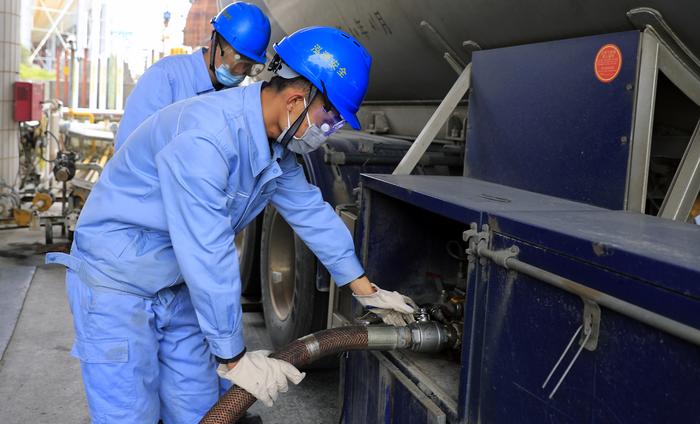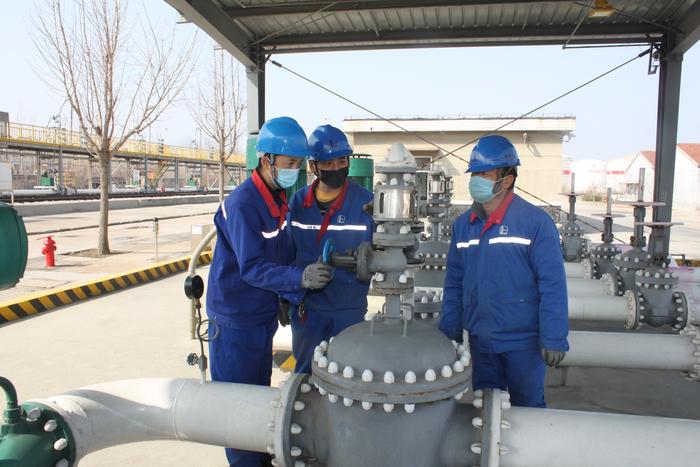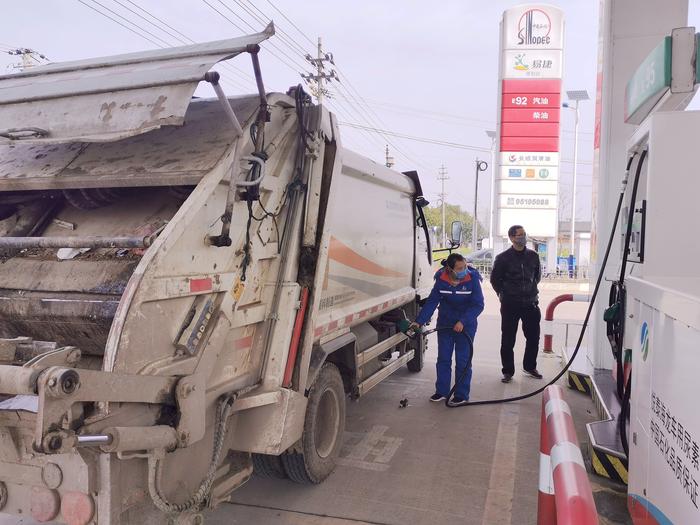|
| 2020-03-18 来源: 中国石化新闻网 |
| 石化新闻 |
中国石化新闻网讯 据俄罗斯卫星新闻网2020年3月15日报道,由于旅行禁令、城市封锁以及大量供应链的不可避免的中断,全球石油需求受到了全面的严厉打击。 据彭博新闻社报道,由于世界各国越来越多地推出抗疫情措施,全球石油消费量正在迅速萎缩,今年的COVID-19混乱很可能会带来历史上最严重的石油危机。 工作场所的隔离、旅行禁令和整个城市甚至整个国家的封锁都对燃料需求产生了负面影响,导致燃料需求大幅下降,而后者又会影响供应。 根据石油交易商和对冲基金经理最近的预测,人们担心在去年平均每天超过1亿桶的石油需求可能很快就会出现有史以来最大的下降。 这次危机被认为可能会超过2009年经济下滑期间每天近100万桶的损失,甚至超过1980年265万桶的巨大损失。在1980年,由于西方国家引进节能技术,世界受到第二次石油危机的打击。 彭博新闻社日前援引石油对冲基金Andurand资本管理公司首席执行官皮埃尔?安德鲁德的话报道说:“自1918年以来,世界从未目睹过这种全球流行病。”这进一步印证了他此前作出的完全悲观的预测:“我认为全球石油需求下降的数量将是全球金融危机期间下降数量的数倍”。 按照彭博新闻社的说法,全球最大投资银行高盛集团目前预测全球2月至4月石油日需求将下降400多万桶,而看到石油行业前景更为暗淡的Andurand资本管理公司认为全球石油日需求可能下降1000万桶。 由于疫情对全球经济的破坏性影响与OPEC+的减产谈判崩溃没有宣布进一步减产同时发生,油价自今年年初以来已经暴跌了近50%。 周一,布伦特原油价格下跌了20%,被认为是1991年海湾战争以来的最大单日跌幅。 几天后,一些航空公司开始大幅削减他们的日常航线,比如德国汉莎航空公司表示,它可以将航班数量减少70%,这个决定令人震惊。 作为回应,英国航空公司13日警告其员工,英国航空业由于COVID-19疫情在全球蔓延正面临着一场“全球性危机”,而美国的联合航空公司则宣布将在4月份将国际航班减少20%,国内航班减少10%。 总的来说,旅行的人数越来越少了,意大利和西班牙已经封锁了整个国家,曾经经常光顾的旅游景点的餐厅和酒店预订数也大幅减少了50%左右。 李峻 编译自Sputnik 原文如下: World’s oil demand heads for all-time low raging coronavirus pandemic,analysts say Oil demand has been hurt across the board due to coronavirus-related travels bans, city lockdowns, and the inevitable disruption of vast numbers of supply chains. Global oil consumption is contracting rapidly and chances are that this year’s COVID-19 chaos will bring about the worst oil crisis in history, as countries are increasingly introducing anti-coronavirus measures that directly harm the oil industry, Bloomberg reported. Workplace quarantines, travel bans and lockdowns of whole cities and even countries all negatively affect demand for fuel, driving it drastically downwards, while the latter can’t help but affect supply. According to recent forecasts by oil traders and hedge fund managers, concerns have arisen that oil demand, which averaged over 100 million barrels a day in 2019, might dip the most ever sometime soon. The crunch is believed to potentially surpass the huge loss of almost one million barrels a day during the 2009 downturn and even outrun the 2.65 million barrel dip back in 1980, when the world was struck by a second oil crisis due to the introduction of energy-saving technologies in Western countries. “This global pandemic is something the world hasn’t witnessed since 1918”, Bloomberg cited Pierre Andurand, who runs the oil hedge fund Andurand Capital Management LLP, as commenting, further adding to his utterly bearish prognosis: “I do not see how the demand drop wouldn’t be multiples of the drop witnessed during the global financial crisis”. Per Bloomberg, Goldman Sachs, the top investment bank, is currently forecasting oil demand dips hitting well over four million barrels a day all the way from February to April, while Andurand sees the oil industry prospects in even bleaker light, saying the demand could dive by 10 million barrels a day. Since the beginning of the year, oil prices have slumped by almost 50%, as the virus’ destructive impact on the global economy coincided with the OPEC+ breakdown, with no further oil cuts announced. On Monday, Brent crude slumped 20%, which has been deemed the largest one-day drop since the Gulf War in 1991. Days afterwards, a number of airlines introduced sweeping cuts to their daily routes, with Germany's Lufthansa, for instance, saying that it could bring down the number of flights by a staggering 70 percent. British Airways, in turn, warned its staffers Friday that the UK’s aviation industry is facing a "crisis of global proportions" due to the COVID-19 spread, while the US’ United Airlines announced that it would be reducing its international schedule by 20 percent and domestic routes by 10 percent in April. Overall, far fewer journeys are taking place across the board, with Italy and Spain having locked down whole cities, and severe cuts – of around 50 percent – in restaurant and hotel bookings registered in once frequented tourist destinations. |








